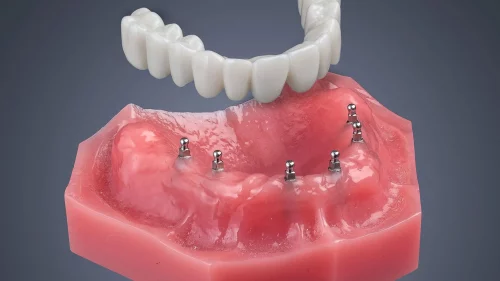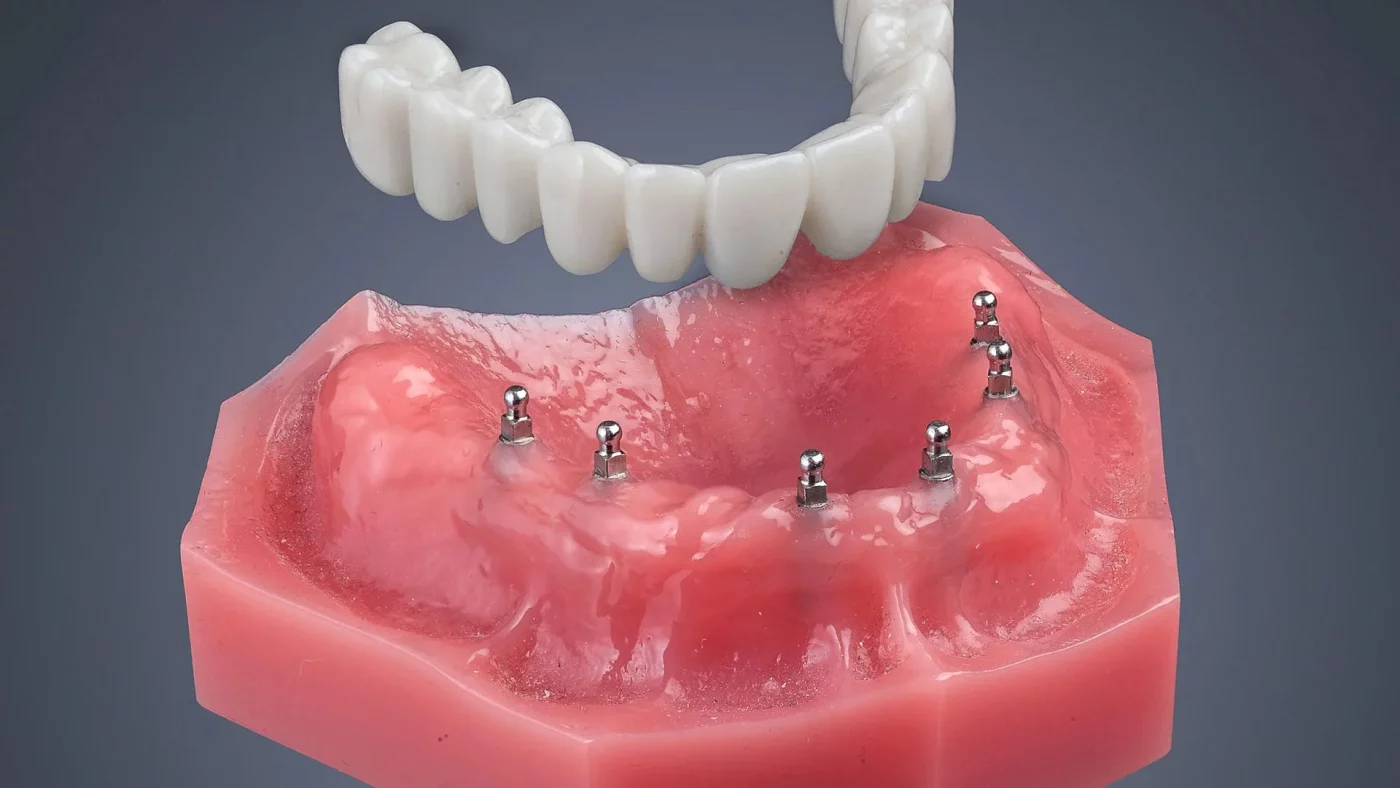The American College of Prosthodontists estimates that 178 million Americans are missing at least one tooth and that 30% of adults over 65 have no natural teeth left at all. This means there’s a significant demand for tooth replacement treatments. Dental implants are one of the most effective and popular options, but what can you expect from your dental implant treatment?
Consulting with Your Dentist
 Every dental implant treatment starts with a consultation with a dentist. If you are currently missing teeth or will require extraction in the future, you’ll need to discuss tooth replacement options.
Every dental implant treatment starts with a consultation with a dentist. If you are currently missing teeth or will require extraction in the future, you’ll need to discuss tooth replacement options.
Individual patients can vary widely in their needs and oral health concerns, so dental implant treatments aren’t right for everyone. Your dentist can determine whether you’re a good candidate for dental implants. Factors like jawbone mass, preexisting conditions, and other dental issues can all affect your treatment options.
Planning the Treatment
If you and your dentist decide to move forward with dental implant treatment, then careful and precise planning is required. A physical impression, 3D imaging, or both will allow the dentist to carefully plan the treatment process to provide you with a strong and natural-looking tooth replacement.
Planning your treatment will also involve choosing between conventional dental implants and mini dental implants. Either could be the right option for your specific situation, with each having certain strengths and weaknesses.
Placing the Dental Implant
Once your dental implant treatment has been fully planned, the dental implant or implants can be placed. Both conventional and mini dental implants are posts with screwlike bases. This allows them to be firmly embedded in the jawbone to provide lasting support.
In some cases, conventional dental implant surgery is carried out in a hospital surgery room due to its invasive nature. Mini dental implants can generally be placed at the dentist’s office because they are less invasive and won’t require general anesthesia.
Placing the Tooth Replacement
For conventional dental implant treatment, there will be a healing period of several weeks, after which another piece, the abutment, is attached. Then, the crown, bridge, or full arch replacement can be attached to the dental implant.
Mini dental implants don’t have an abutment, so the tooth replacement is attached at the same time that the implant is placed. This means that you could walk out of the office with a bright, full smile that very day.
Living with Your Dental Implants
After the surgery, you may experience some soreness or swelling, and you could be prescribed medication or recommended over-the-counter painkillers.
Once healed, it’s important to follow any instructions for living with dental implants. Always maintain a good oral hygiene routine, and avoid biting anything other than food to prevent chipping or cracking your replacement teeth.
Find Out If Dental Implant Treatment Is Right for You
Dental implants and mini dental implants are both great options for many patients. You can find out whether they could be right for you with a free consultation with Dr. Diana Rodriguez. Just contact Diana Rodriguez & Associates to schedule your appointment today.

